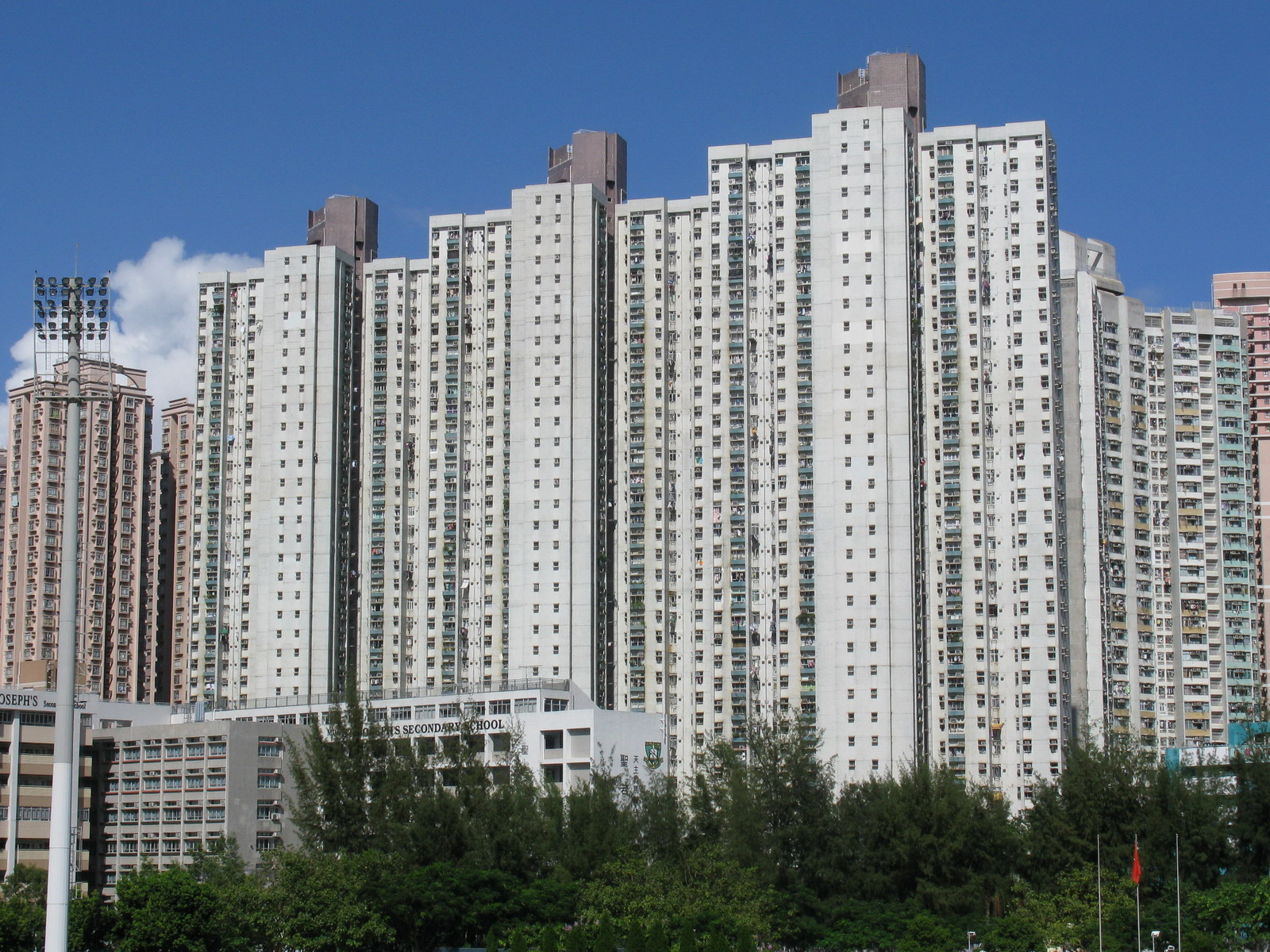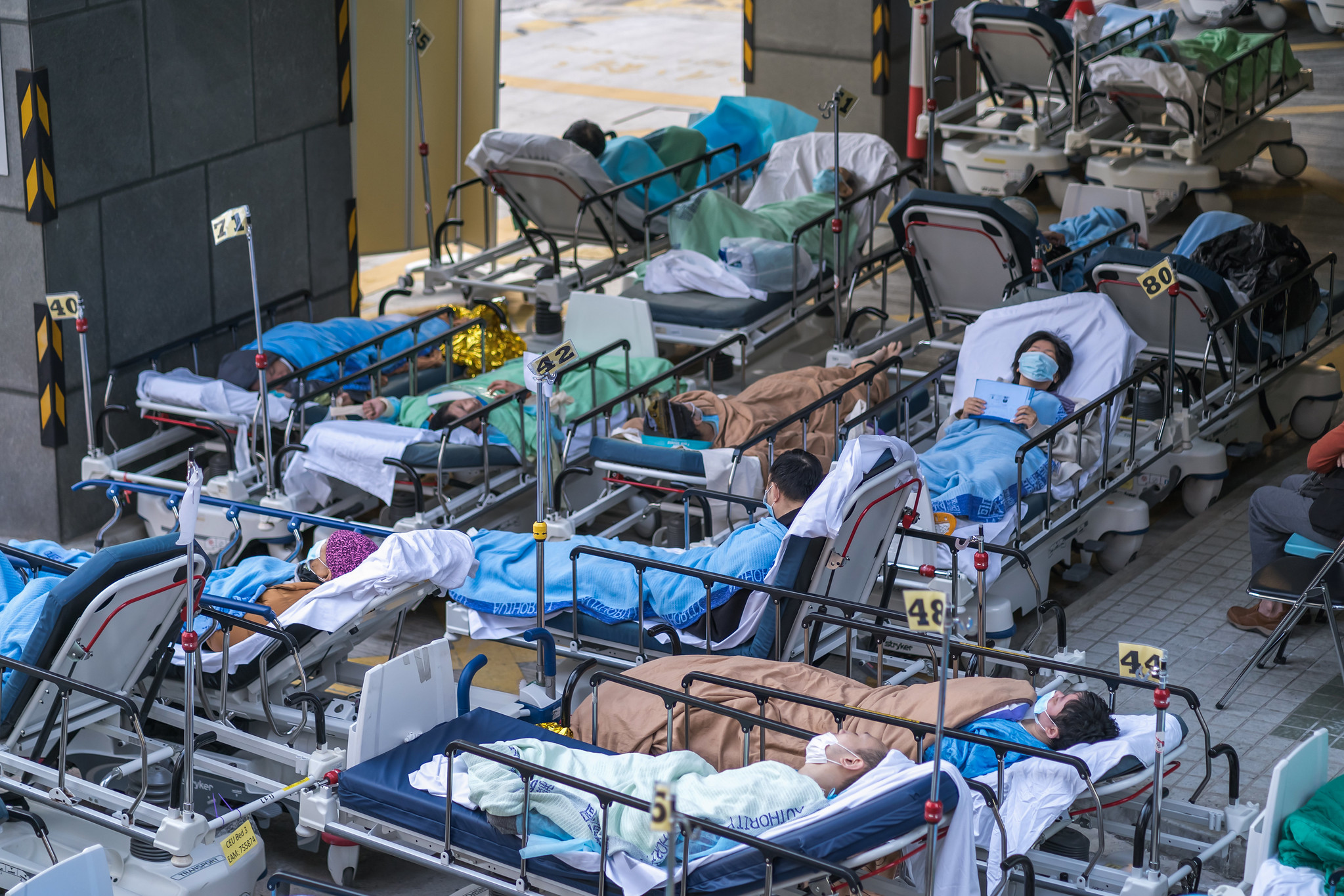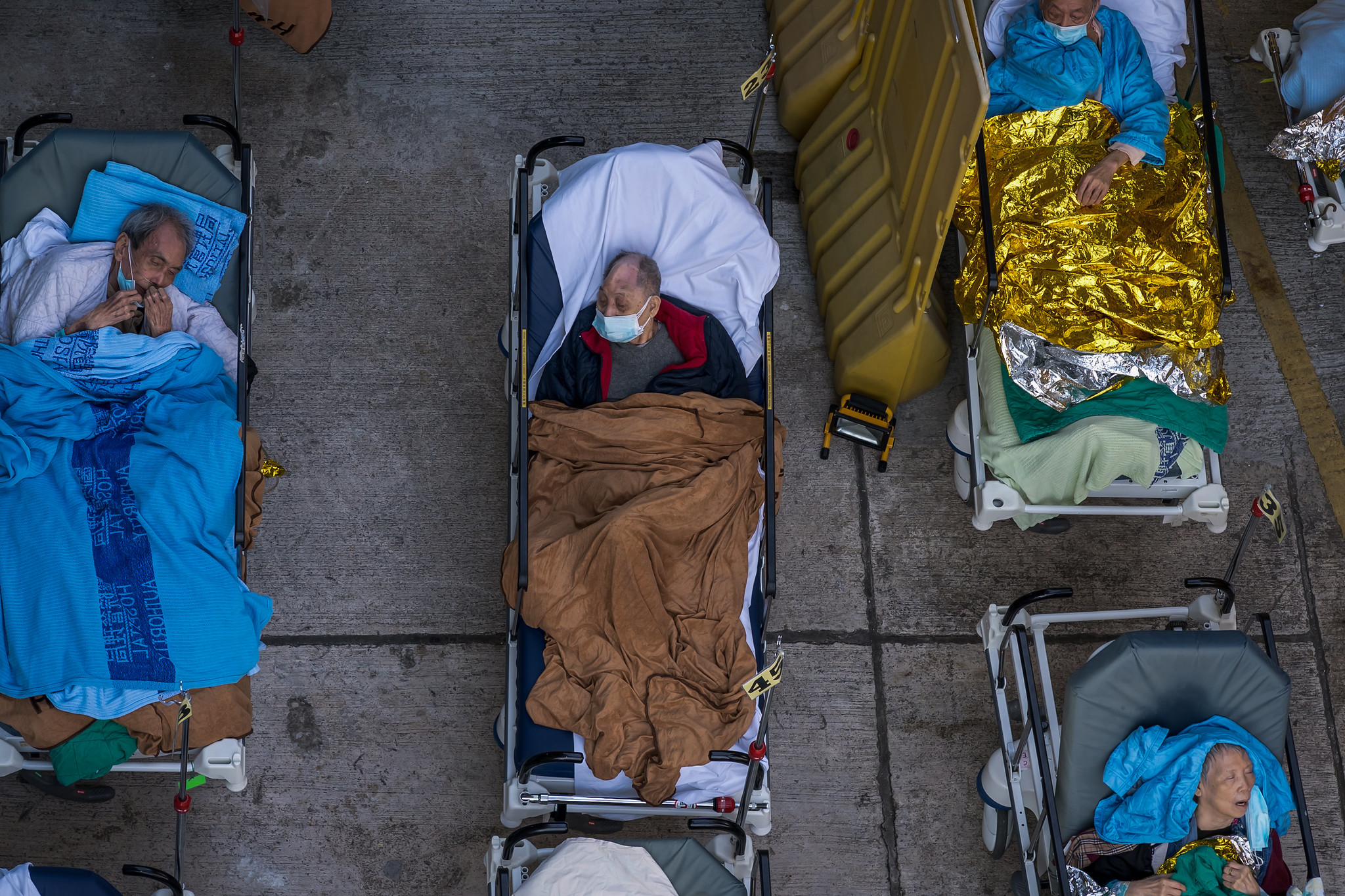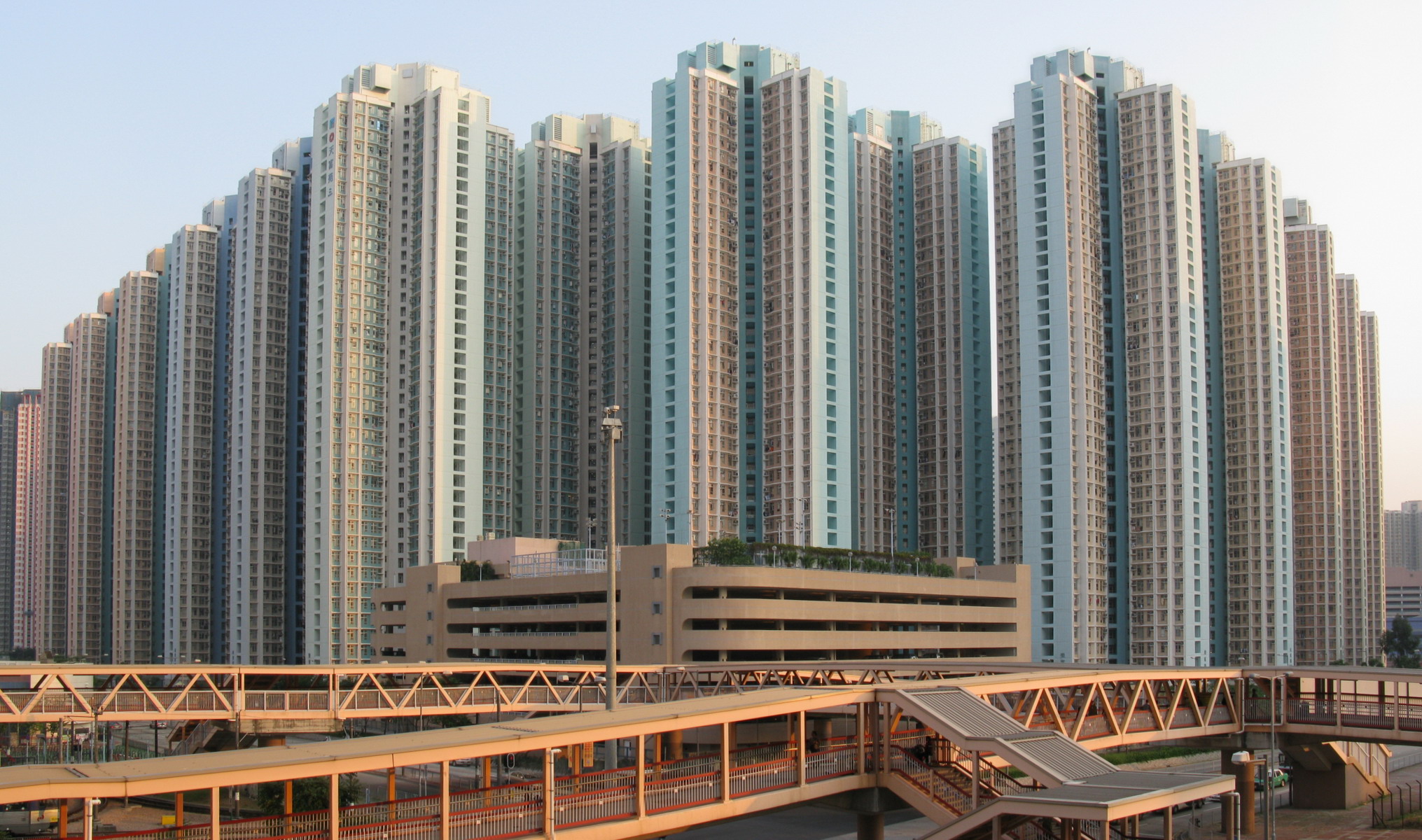by Yuri Lee
語言:
English
Photo Credit: Baycrest/WikiCommons/CC-BY-SA-2.5
THE PROVERBIAL VALUE that youth have a responsibility to respect and provide continuous care for elderly members of our communities even into their old age—a notion commonly known as ‘Filial Piety’—is an idea that is intertwined with contentious discourse surrounding ‘Chinese’ identity. But for all the stereotypes surrounding filiality regarding treatment of our elderly, I do genuinely wonder if that’s just the way people rhetorically pat themselves on the back while ignoring the bleaker reality of how society continues to be largely apathetic and dehumanizing towards senior citizens. One vivid memory I have of such apathy was during a summer abroad language exchange during my undergraduate years: I was running late for a facial appointment that a relative of mine—one of many extremely conservative aunts in my family who policed my apparent ‘lack of femininity’ as an adolescent woman at every given chance—had scheduled for me in an old apartment in Yau Ma Tei. Some self-owned businesses operated out of cheaply rented buildings in the area, and my facial spa was just one of many.
Rushing past the crowded elevators to sprint up in a hurry towards the stairs, I heard a sudden crash from behind me and glanced back to see an elderly woman that appeared to have tripped, presumably stumbled off a short flight of stairs, and fallen onto the floor with her cart of belongings.

Photo credit: Baycrest/WikiCommons/CC-BY-SA-2.5
I paused for a second, noticed another young woman about to walk past her and was expecting her to help—but instead, her eyes glued to her phone, I watched as she walked obliviously past without stopping to spare even a single glance. Relenting on trying to get my own appointment on time, and repressing the urge to lambast the retreating woman for her total disregard to the circumstances (my Cantonese was terrible anyway, hence why I was on language exchange in the first place—she probably wouldn’t have understood me had I even tried), I sprinted back down the steps and helped the older woman gently back up to her feet.
As I hoisted her up, she began patting my shoulders—mutedly either thanking me or possibly asking me to stop assisting—perhaps she wasn’t able to speak due to some existing condition? Looking at the ground, I noticed for the first time that the items that had fallen out of her cart weren’t groceries or personal belongings: stacks of pocket-sized tissue packets, multiple types of the same fizzy pop drinks including some Sprite and Coca-Cola; I realized she was probably a regular street vendor during the day, heading out to open shop.
I crouched to reach the floor—caked in dirt and soot from presumably irregular cleaning—and began collecting the tissue packets and pop drinks, grabbing the ones that had rolled a little further away down the dusty hallway, and placed them back into her cart. Silently after, she proceeded to take two Coca Cola cans back out from her cart and pressed them into my hand in a gesture of thanks.
“No need—no need!” I scrambled to say in what little Cantonese I actually knew, but after forcing the cans firmly into my grasp, she began wheeling her cart away towards the entrance of the building, taking to the streets once more to start her day properly. Somewhat dazed and inelegantly holding two cans of Coca Cola with no backpack to place them in, I yelled an awkward “thank you! ” towards her receding figure in Cantonese—but again, there was no reply, nor any gesture of acknowledgment that she understood my choppy Cantonese or had heard me at all.
THIS SORT OF encounter with the city’s elderly is why, over a decade later, I wasn’t surprised at the sort of dismal headlines coming out of the city regarding elderly care in Hong Kong during the pandemic: That many Hong Kong seniors had symptoms of depression and anxiety, that underfunded elderly care homes were major epicenters of the pandemic locally, and that there are still many lingering healthcare inequities despite new government schemes and incentives aimed at older patients.
In the same article, Lai writes: ‘poverty has always been more serious among older people than other age groups’. Indeed, considering socioeconomic factors and the fact that Hong Kong’s latest inequality indexes highlights the despairingly widening wealth gap the city’s population faces, it isn’t surprising that many of the city’s poorest seniors feel the need to be self-sufficient and hardy in attitude towards grim circumstances. Hong Kong’s elderly healthcare system, for all its touted prestige regionally, lately feels like it’s being held together by makeshift scaffolding made from the crumbling remains of a pulverized public health system that’s been thoroughly worn out from three years of dealing with the Covid pandemic.

Photocredit: Studio Incendo/Flickr/CC BY 2.0
At times, a certain fatalism grips the elderly living under these stressful conditions. With one of the highest COVID death rates per million people in the world and pervasive transmissibility amongst the city’s elderly population, seniors were treated essentially as discardable during this period when hospitals were completely overwhelmed with Covid cases. Multiple contributing factors have been put forward to explain this public health failure: From a DW investigation, 15% of Hong Kong citizens 60 years or older remain unvaccinated—attributed to the novelty of Covid vaccines and mistrust of authorities. Of those vaccinated, domestically developed Chinese brands of covid vaccines were preferred for reasons regarding less severe side effects—even if the efficacy of protection against various Covid variants is still under scrutiny. While most could chalk this up to general scientific illiteracy and a culture emphasizing stubborn self-resilience amongst some elderly, as well as a public health communications failure from the Department of Health, the fact is many of the city’s elderly often speak with a certain resignation when presented with the possibility of death. Amongst my own relatives as well as many other friends’, there have been many cynical conversations among some vaccine-hesitant elderly relatives who will often insist on adopting a deterministic view of their own health (“I can look after myself!”, “Why go through the trouble of taking vaccines if it’s not 100% preventative of infection?”, “If death comes, then it was meant to be!”).
Even prior to the pandemic, overall social welfare programs in the city came under public criticism for policies such as increasing the eligibility age for elderly CSSA Payments (Comprehensive Social Security Assistance), convoluted financial handouts that fail to provide a proper financial and social safety net for the city’s most vulnerable elderly, and substituting investing in public services including quality caregiving with often exploited foreign domestic helpers who face barriers to assimilating into Hong Kong’s society. Foreign workers, while making up a large proportion of the city’s public and private elderly care task force, often face poor working conditions that rights’ groups have argued are simply yet another symptom of Hong Kong’s wider social problems and lack of welfare provision by the government.
All things considered, it shouldn’t be a controversial statement to say that the government often willingly leaves its most vulnerable seniors out to dry despite what welfare promises and optimistic pretenses of these schemes say that they’ll deliver. This only amplifies the jaded, despondent outlook of aging in a city that marginalizes its elderly as an economic liability—like many modern cities that embrace a neoliberal, capitalistic mantra of projecting and glamorizing youth-based success and productivity, while simultaneously devalorizing the elderly as essentially leftover social deadweight: ready to expire in a lonely, dark corner obscured from public view.
A FEW YEARS after my summer exchange, on a separate trip back to Hong Kong during a cool October morning, I went with a relative to pay respects to a relative in a local Catholic cemetery. We had forgotten to buy flowers, but thankfully, even in the early hours prior to the start of the work day—there was an elderly woman selling roses at a makeshift stall right outside the cemetery entrance.
Wearing a large straw hat and sitting on the roadside with only a small plastic stool, a bucket full of water and a separate plastic bin for some roses, she stared listlessly out into the traffic of the main road besides the cemetery entrance. She said nothing as I paid for a small bundle of roses, making sure to tip extra, and remained silent as I told her to keep the tip.

Photo credit: Studio Incendo/Flickr/CC BY 2.0
Later, as we walked past the entrance again after our visit, I couldn’t help but glance back at her—sitting on her lonely perch by the cemetery with nothing but the ambience of foot and street traffic to keep her company.
I wondered if she had family, or a nice home to go home to, or if she needed the income from her small stall to survive the day-to-day. I also thought of the cruel irony of working at a cemetery as an elderly person—a cemetery in a city that probably no longer had affordable plots left for ground burials, and a city with little heart and capacity to provide sufficient care for those who’ve already lived an arduously long lifetime, many of whom are simply seeking to live out their remaining days in peace and comfort with little strife. In a city that forces the ailing elderly to work for every ounce of their welfare, even past retirement, and offers little to no reprieve given the shambles of Hong Kong’s current social welfare system and a healthcare system in freefall, Hong Kong’s aging population is likely to suffer for decades to come with no foreseeable light at the end of the tunnel.



